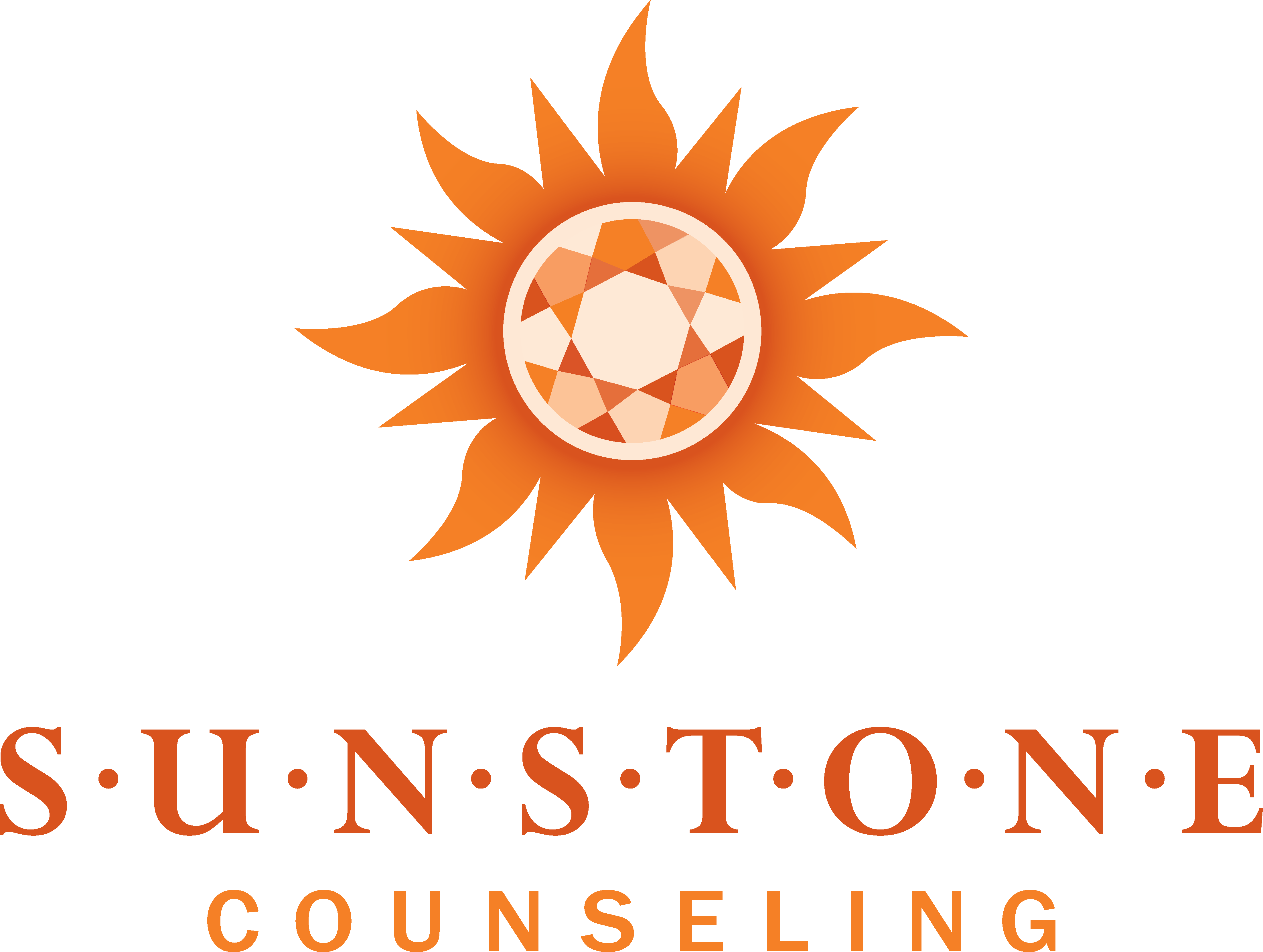 What Is Relationship Counseling?
What Is Relationship Counseling?- When to Seek Relationship Counseling
- Is Saving a Relationship Possible?
- What To Expect From Relationship Counseling?
Relationship challenges are more common than you might think, with an estimated 40% of committed couples seeking counseling at some point in their lives. While around 50% of marriages end in divorce, not all couples who face difficulties seek out relationship counseling despite its proven effectiveness in improving relationships significantly.
Many couples struggle to resolve conflicts and strengthen their bond on their own. That’s where relationship or marriage counseling can be invaluable. Counseling provides a safe space for couples to communicate openly and work through issues they’ve been unable to resolve at home.
At Sunstone Counseling, we understand that it can be daunting to seek help, especially if you’re unsure whether your relationship problems are too complex to be fixed. Our experienced therapists are here to provide you with the guidance and support you need to navigate the challenges in your relationship.
In this article, we explore what to expect from relationship counseling and offer insights into how it can help you and your partner build a stronger, more resilient bond. Whether you’re considering counseling for the first time or have been unsure about taking the first step, we’re here to help you move toward a healthier, happier relationship.
What Is Relationship Counseling?
Relationship counseling, also known as couples counseling, couples therapy, or marriage counseling, is a type of therapy that helps improve romantic relationships. Couples work with a therapist to explore relationship problems, improve communication, refine interactions, and resolve conflicts.
While most people seek relationship counseling to address existing issues, it can be beneficial at any relationship stage. Even individuals in healthy relationships can benefit from counseling, leading to stronger communication and deeper connections.
When to Seek Relationship Counseling
Many hold the misconception that relationship counseling is only necessary when divorce or separation seems imminent. However, delaying efforts to address relationship dynamics can allow issues to persist and intensify, leading to more significant challenges in the relationship. Relationship therapy should commence at the onset of issues that disrupt daily life. Here are signs indicating that counseling may be beneficial:
 Difficulty expressing feelings to each other
Difficulty expressing feelings to each other- Persistent unresolved disagreements
- Withdrawal, criticism, or contempt in interactions
- Significant life events causing upheaval
- Struggles in making joint decisions
- Experience of infidelity, addiction, or abuse
- A desire for a stronger relationship
It’s important to recognize that there are no wrong reasons to seek relationship counseling. Some couples begin therapy immediately after marriage, proactively building a solid foundation and averting potential crises. Counselors facilitate improved communication, relationship skills, and family happiness. In some cases, couples also prepare for marriage through relationship counseling.
Should You Wait to Seek Relationship Counseling?
Couples typically wait six years on average before seeking therapy, which allows problems to fester, making troubled relationships harder to salvage. Early acknowledgment of issues and prompt therapy intervention yield better outcomes.
Moreover, relationship problems extend beyond romantic relationships, encompassing various dynamics. Counseling is beneficial for cohabiting couples, individuals in non-monogamous relationships, LGBTQ individuals, siblings navigating family issues, or business partners seeking resolution.
Premarital Counseling
Premarital counseling serves as a form of relationship therapy designed to equip couples for a lifelong commitment. It aims to cultivate a robust and wholesome relationship before marriage while identifying potential challenges that could arise in the future.
Various relationship issues are typically addressed during premarital counseling, including:
 Communication
Communication- Family dynamics
- Financial management
- Parenting decisions, such as whether to have children and parenting styles
- Roles and responsibilities within the relationship
- Intimacy and affection
- Values and beliefs
This form of relationship counseling is invaluable for establishing realistic expectations and nurturing effective communication skills, laying a solid foundation for a successful marriage.
Is Saving a Relationship Possible?
 In essence, yes. Research indicates that 70% of couples who engage in counseling experience significant benefits. Previous studies have demonstrated that couples therapy can enhance coping mechanisms, address diverse relationship issues, and provide support for mental health concerns. However, while counseling holds the potential to salvage a relationship, it does not promise to transform either partner entirely.
In essence, yes. Research indicates that 70% of couples who engage in counseling experience significant benefits. Previous studies have demonstrated that couples therapy can enhance coping mechanisms, address diverse relationship issues, and provide support for mental health concerns. However, while counseling holds the potential to salvage a relationship, it does not promise to transform either partner entirely.
The primary objective of relationship counseling is to acquire skills that facilitate conflict resolution and improve communication. Achieving this goal requires both partners to embrace personal growth and adopt a less subjective perspective toward each other’s behavior.
What To Expect From Relationship Counseling?
Counseling isn’t intended as a quick fix; it requires commitment from both parties to yield benefits. If you and your partner continue to struggle with the repercussions of childhood trauma or abuse, individual counseling may complement your couple’s therapy.
Unlike individual therapy, relationship counseling typically focuses on current habits and communication patterns rather than delving into past personal issues. The therapist concentrates on the dynamics of the relationship rather than on individual problems. They’ll inquire about your relationship issues and how you handle disagreements, encouraging both partners to listen to their concerns and emotions and assigning homework between sessions. For instance, practicing basic communication skills during home disagreements might be suggested.
Goals of Relationship Counseling
 The primary goal of couples therapy is to enhance communication because inadequate communication and understanding of each other’s needs often underlie relationship conflicts.
The primary goal of couples therapy is to enhance communication because inadequate communication and understanding of each other’s needs often underlie relationship conflicts.
Couples learn to view problems regarding both partners’ needs and the skills they may lack. For instance, if one partner cheats, labeling their behavior as wrong isn’t constructive. Exploring deeper issues such as loneliness, lack of connection, and the inability to communicate unmet needs is essential. While cheating remains hurtful and erodes trust, it may indicate underlying issues within the relationship.
In essence, relationship counseling aids in identifying conflict causes and mechanisms between partners and provides skills to effectively improve communication and express emotions and needs. For example, ineffective communication can lead to misunderstandings and anxiety. However, open communication allows partners to address concerns honestly and resolve misunderstandings collaboratively, fostering a healthier relationship dynamic.
Next Steps to Improve Your Relationship
Feeling hopeful about improving your relationship? Whether you’re struggling with communication, trust, or any other challenges, Sunstone Counseling is here to help. Our experienced therapists are dedicated to guiding you and your partner toward a healthier, happier relationship. Book a session with us today and take the first step towards a brighter future together.




